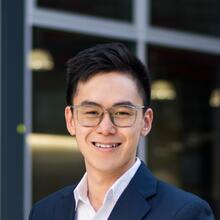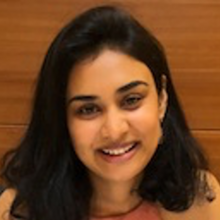About ISTF 2021
Yale’s Student Chapter of the International Society of Tropical Foresters (ISTF) was first organized in 1989, as part of a network of natural resource professionals concerned with tropical resource management. Dedicated to the advancement of tropical forest studies at the Yale School of the Environment, formerly known as the Yale School of Forestry and Environmental Studies, an conference is organized annually to address a range of socio-ecological issues across the tropics. You can browse our publication and past conference materials at istf.yale.edu.
The 2021 conference will bring together an international community of academics, practitioners, activists, policy makers, artists, journalists, and community leaders to re-examine crises as opportunities for change. This year, the conference seeks to investigate crises as moments of learning and opportunities to seth forth on new trajectories. Seizing these moments requires us to reflect on the interconnected nature of society, economy and the environment while motivating efforts to mitigate future events in light of our past successes and failures in capitalizing on these moments in time.
While the conference will unfortunately not be held in-person as per tradition, we hope that the online format will allow wider access and participation from attendees around the world, especially for participants and speakers that have historically faced difficulities with travel to the United States.












